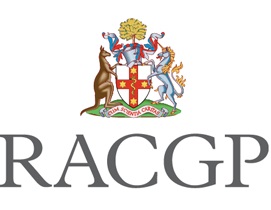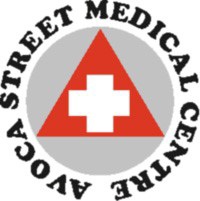Travelling and Diabetes
Whether for work or pleasure, travel can and should be fun and having diabetes doesn’t mean you can’t travel. With good planning, your trip can be safe, fun and hassle-free whether you’re going interstate or overseas.
While traveling:- Make sure you eat well, consider how different foods will affect you
- Make sure you check your blood glucose levels regularly
- For people with type 1 diabetes- carry the right lollies with you (overseas brands may not be as strong)
- If you are flying, prepare for long delays or misplaced baggage (just in case!)
- If traveling overseas, time zones and extreme climates may affect you and how you manage your diabetes, talk to your doctor or diabetes educator
Planning your travel itinerary & bookings - Plan travel itinerary and make bookings.
- If you wear an electronic device to monitor blood glucose levels or infuse insulin, check with the airline to see if these devices can be operated in-flight.
- Arrange travel insurance for health and belongings.
- Check vaccination requirements.
Check Airline Security Regulations
Be sure to make arrangements in advance so that you comply with Australian airline security regulations specifically for people with diabetes. The regulations are:- You must carry all diabetes supplies including testing equipment, insulin and Glucagon delivery devices (syringes and pen needles and insulin pump consumables) in the hand luggage of the person who has diabetes and whose name appears on the airline ticket. It is advisable to pack extra insulin in checked-in luggage.
- Your name must appear on all insulin and/or Glucagon script labels.
- You must carry scripts for all medications and check them before you go to make sure they are readable. Each script must include your name, the name and type of your medication and your doctor’s contact details.
- You must carry your National Diabetes Services Scheme (NDSS) card, as it is accepted as primary proof that a person with insulin treated diabetes needs to carry with them their diabetes equipment. Supplementary photographic proof of identify, such as a driver’s licence or passport may also be required.
- You must carry several copies of a letter from your doctor which you will need to get through Customs. The letter should outline any medical conditions, any medications you take and the devices you use for your insulin and blood glucose testing, such as insulin pens, syringes and needles or pump unit. It should also stress the importance of carrying your medications with you. Check beforehand the letter is readable!
- International travellers can carry no more that 100 ml of liquid per container, including aerosols and gels, in their carry-on baggage. All liquids must fit into a transparent resealable plastic bag no bigger than one litre (approx. 20 cm by 20 cm). People with diabetes who need to carry supplies of insulin are exempt; however, they will be required to present the insulin at the security point and carry proof of their condition and need for insulin.
If you are not travelling with an Australian carrier, be sure to check in advance with your chosen airline for specific security guidelines.
Arrange Travel Insurance
You should arrange travel insurance, both for you and your belongings. Make sure your accident and health cover applies to pre-existing conditions and the places you will visit.
The Australian Government has arrangements with a number of countries providing travellers with benefits similar to Medicare, but these are typically only for acute or emergency care.
Talk With Your Doctor- Make appointment to have vaccinations (if required).
- Make appointment with your doctor or credentialled diabetes educator to discuss travel plans, time zones, and other ‘travel’ tablets required.
- List and buy any special clothing items required, for example comfortable, well fitting shoes.
More information from diabetesaustralia.com.au
Index of general public information |
















